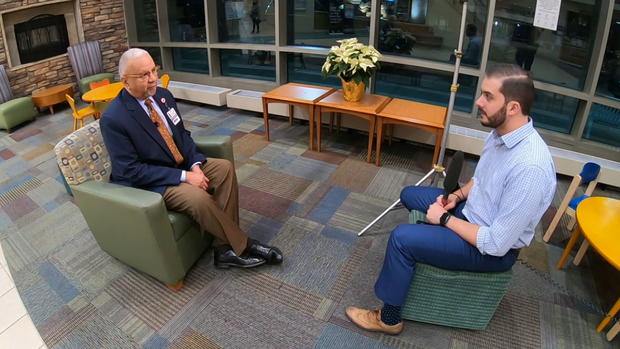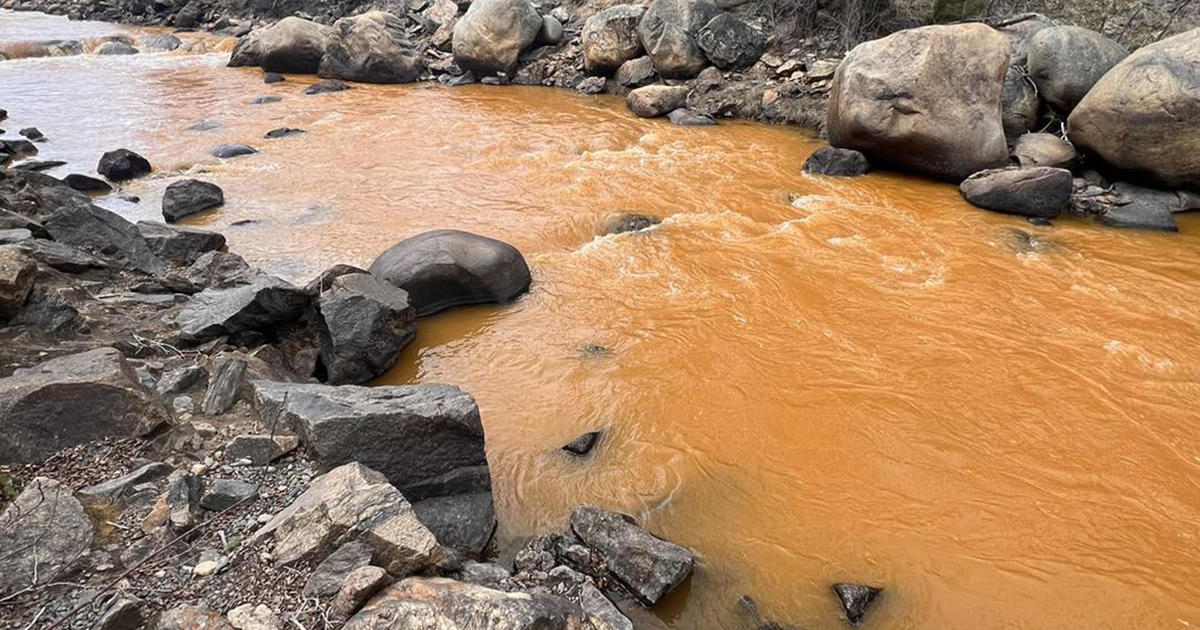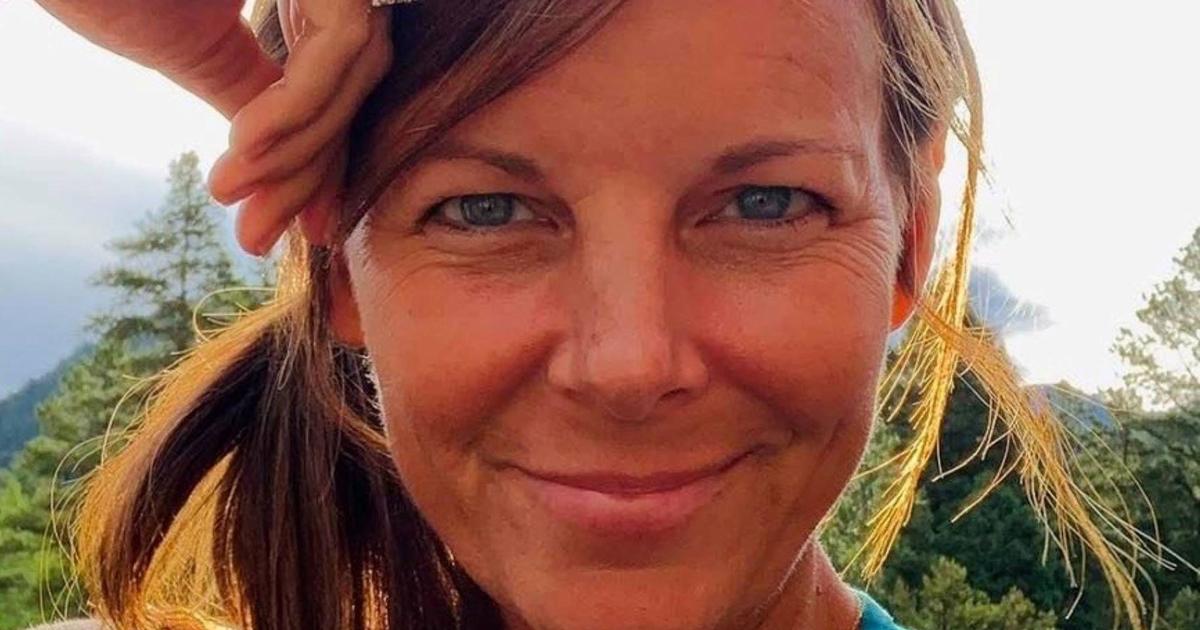Omicron Variant Is In Colorado, Health Officials Confirm
DENVER (CBS4) - The first Colorado case of the omicron variant has been detected. The announcement was made Thursday by Gov. Jared Polis in conjunction with the Colorado Department of Public Health and Environment, a day after the first U.S. case was announced.
UPDATE: Second Confirmed Colorado Case Of Omicron Variant Discovered In Boulder County
The case was a female patient in Arapahoe County, and not a result of community transmission in Colorado. The patient had recently traveled to southern Africa and she has minor symptoms and is isolating at home. She was vaccinated against COVID but hadn't received a booster shot.
Polis said it's not clear so far if there is community transmission in Colorado of the omicron variant. He said wastewater analysis is being done in Colorado and so far the variant hasn't been detected in tests.
The State of Colorado screens roughly 15% of all of COVID tests done around the state for omicron and the other coronavirus variants. So far none of those tests have come up positive for omicron.
RELATED: Omicron Variant: What We Know About The New Strain Of COVID-19
"If (omicron) was present we would know. It doesn't mean it's nonexistent," Polis said.
Answers about the variant were provided on Wednesday to CBS4's Conor McCue by Dr. Reginald Washington, Chief Medical Officer from Presbyterian St. Luke's and Rocky Mountain Hospital for Children.
Q: What is the main concern with this variant?
A: Dr. Washington
"It had significant mutations. We're not quite sure of all the ramifications of those mutations just yet. We know that based on what we know from South Africa, it's more infective, meaning you can infect more people than you can the delta variant. However, what we don't know, just because we don't have enough experience with it yet worldwide, is it going to make patients sicker? That's one key question. the other key question is how are the vaccines going to protect one against that variant? We just don't know those answers yet. It just hasn't been around long enough."
Q: How transmissible is omicron?
A: Dr. Washington
"The preliminary data suggests that it is very transmissible, even more so than the delta variant. on the other hand, we don't know if that's going to translate to being sicker. we just don't know yet.
Q: What do we know about the severity of symptoms?
A: Dr. Washington
"The preliminary data, and it's very preliminary, suggests that you may not be as sick as you are with the delta variant, but that's very, very preliminary, so I don't know if we can even say that."
Q: Do we know how effective current vaccines are against this variant?
A: Dr. Washington
"Those studies have only been underway a couple of days so the results are not in yet, but I think within a week or ten days we'll have some information on how effective the current vaccines are against the new variant."
Q: If it is more transmissible or the symptoms are more severe, what does that mean for us?
"That means we'll do the same thing we've done before. We'll kind of hunker down, we'll probably have to encourage people to continue to get vaccines, continue to be self-aware of their symptoms, avoid people if you know you're not feeling well, and if you're immunocompromised, isolate yourself and protect yourself."
Q: Should this variant change how we handle the pandemic?
A: Dr. Washington
"I don't think so. I think everybody is COVID weary and getting tired of COVID, COVID, COVID, but COVID doesn't care. COVID is still here and COVID's main goal is to infect as many people as possible."
Q: Should this variant be the focus right now or should we keep our attention on delta?
A: Dr. Washington
"I think our focus should be on COVID, regardless of what variety it is. Continue to get vaccinations, continue to avoid people if you're sick, do not expose people unnecessarily if you're not feeling well because it could be COVID."
Q: Could Omicron become the dominant variant and what would it take for that to happen?
A: Dr. Washington
"I think it will take several months, but if it is as infectious as delta was when delta first came out and humans weren't exposed to it, it could be quite a problem. Again, we don't know that yet, but will know in the next several weeks."
Q: Can we expect more mutations?
A: Dr. Washington
"This is not the last mutation. People don't realize there have been several other mutations since the delta mutation, but they just haven't turned out to be important."




